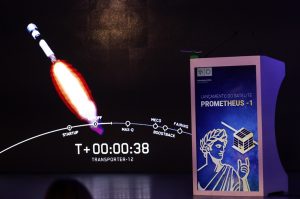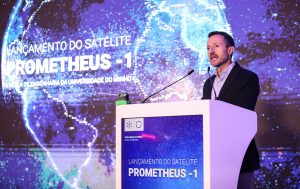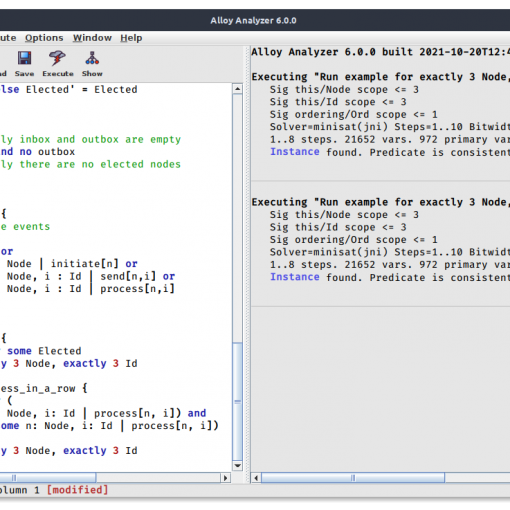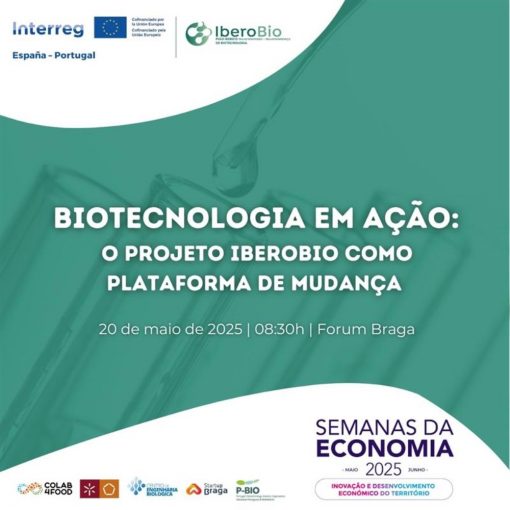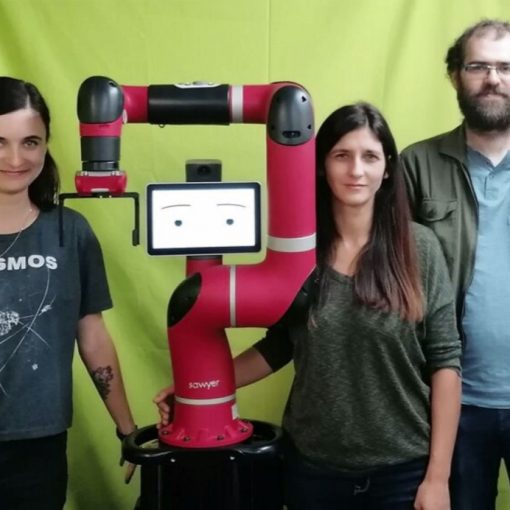The University of Minho’s PROMETHEUS-1 satellite was launched on 14 January from the Vanderberg Spaceport in California, USA, on a Space X Falcon 9 rocket. The space object will remain at an altitude of around 500 kilometres and will collect useful data for the academic and scientific community.
The launch was accompanied by a special ceremony, which took place in the hall of building 1 of the Azurém campus in Guimarães, and can also be followed online at engium.uminho.pt/prometheus-1 . The session was welcomed by the Rector of UMinho, Rui Vieira de Castro, and the President of the School of Engineering (EEUM), Pedro Arezes. This was followed by a presentation of PROMETHEUS-1 by Professor Alexandre Ferreira da Silva, from EEUM’s Industrial Electronics Department.
The rocket launch took place at around 7pm, with the ceremony broadcast via streaming. The event also included the signing of a protocol with the Portuguese Air Force and speeches by Hugo Costa, a member of the executive board of the Portuguese Space Agency, and Henrique Candeias, chief engineer of national satellite integrator N3O, as well as the presence of João Magalhães, co-director of the CMU Portugal International Partnership Programme, and Tom Walkinshaw, founder of British satellite builder Alba Orbital.
Bringing space to the classroom
The satellite is the result of a scientific project of the same name that was funded by the Foundation for Science and Technology under the CMU Portugal Programme, in partnership with Carnegie Mellon University (USA) and the Instituto Superior Técnico. PROMETHEUS-1 is named after the Greek titan who stole fire (knowledge) from the gods. It’s like a Rubik’s cube, 5 centimetres on a side and weighing 250 grams. It has battery management and orientation systems, microcontrollers and a camera similar to that of a mobile phone to capture images. From Earth, various items will have to be evaluated, such as positioning and any software errors.
This project takes place on the occasion of UMinho’s 50th anniversary and contributes to affirming Portuguese science and industry in space. It was conceived three years ago, when EEUM opened its bachelor’s and master’s programmes in Aerospace Engineering. The aim was to use the satellite in different disciplines as a case study with the students, from validating the platform to licensing and future data collection. Bringing space into the classroom allows students from various engineering disciplines to get their hands on this type of object for the first time and broaden their horizons. The project is also part of UMinho’s ongoing research and teaching strategy in this area.
Its Aerospace Engineering course had the second highest entry grade in the country (and the first in 2023). The academy’s scientific centres and interfaces have also created projects such as the design of a space capsule, the design of an astronaut suit for Mars, the exploration of new artificial materials or the production of electricity from urine and biohydrogen. Its spin-off Stratosphere also has clients such as the European Space Agency, Boeing and Airbus. UMinho is also home to the MIT-Portugal Programme, with various projects on space, and collaborates on these issues with CEiiA, the Technological Institute of Aeronautics in Brazil and the universities of Massachusetts Lowell (USA) and Vigo (Spain), among others.
A new phase for the national space ecosystem
The licence to launch, command and control PROMETHEUS-1 was only the third of its kind awarded by ANACOM, after the recent MH-1 (Aeros) and ISTSat-1 satellites. Curiously, tomorrow ‘PoSat 2’, from the LusoSpace company, will be launched from the same Falcon 9, which is considered to be the first Portuguese commercial satellite and will monitor climate change and the oceans.
‘It’s a milestone in this new phase in the development of the national space ecosystem, in which satellites entirely developed and built in Portugal will once again be launched into Earth orbit,’ said ANACOM. The PROMETHEUS-1 licence was granted under the new legal framework, which is ‘among the best practices’, allowing for agility, flexibility, speed and no fees. The licence also safeguards the Portuguese state’s international responsibilities and national strategic interests, as well as imposing a set of duties in terms of space sustainability and safety.
The PROMETHEUS-1 satellite launch visualisation session can be reviewed here.
SOURCE: UMinho


